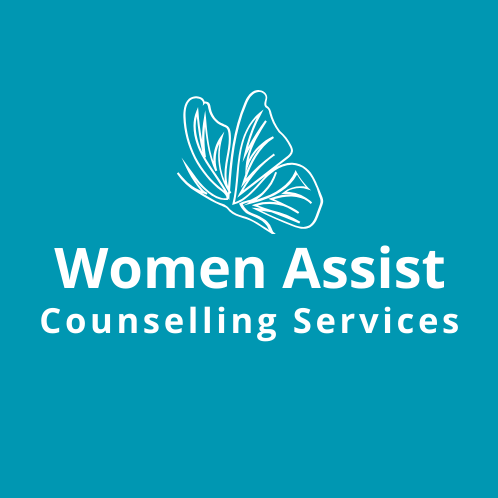Counselling can play a crucial role in supporting LGBTQ+ individuals impacted by trauma. Here are some ways in which counselling can be helpful:
Creating a Safe and Affirming Space
Counselling provides a safe and affirming environment for LGBTQ+ individuals to explore their trauma experiences without fear of judgment or discrimination. It allows them to express their emotions, concerns, and experiences openly.
LGBTQ+ Cultural Competence
Our counsellors are knowledgeable about LGBTQ+ issues and have cultural competence that can better understand and address the specific needs and challenges faced by LGBTQ+ individuals. This includes understanding the impacts of minority stress, stigma, discrimination, and intersectionality on trauma experiences.
Trauma-Informed Care
Counselling professionals can provide trauma-informed care that acknowledges the unique trauma experiences of LGBTQ+ individuals. This involves recognizing the potential impacts of experiences such as coming out, family rejection, bullying, hate crimes, and systemic oppression.
Validation and Empathy
Counselling offers validation and empathy for the experiences of LGBTQ+ individuals impacted by trauma. It helps them feel understood, heard, and supported, which can be crucial in healing.
Identity Exploration and Acceptance
Counselling can support LGBTQ+ individuals in exploring and accepting their identities, which may have been influenced by trauma. It provides a space for self-exploration, self-acceptance, and fostering a positive sense of self.
Addressing Internalized Shame and Self-Worth
LGBTQ+ individuals who have experienced trauma may struggle with internalized shame, self-blame, and low self-worth. Our counsellor can help address these issues, promote self-compassion, and build a more positive self-image.
Healing from Family Rejection and Relational Trauma
LGBTQ+ individuals may have experienced trauma related to family rejection or harmful relationships. Counselling can support them in navigating these experiences, processing their emotions, and developing healthier coping strategies and boundaries.
Building Resilience and Coping Skills
Counselling can assist LGBTQ+ individuals in developing resilience and coping skills to manage the effects of trauma. This may include stress management techniques, emotional regulation strategies, and building healthy support networks.
Navigating Intersectionality
Counselling recognizes and explores the intersections of LGBTQ+ identities with other aspects such as race, ethnicity, disability, or socio-economic status. It helps individuals navigate the complexities of multiple identities and the unique challenges they may face due to their intersecting identities.
Connecting with LGBTQ+ Community and Resources
Our counsellors can help LGBTQ+ individuals connect with LGBTQ+-affirming resources, support groups, and community organizations. This fosters a sense of belonging, reduces isolation, and provides additional sources of support beyond the counselling sessions.
